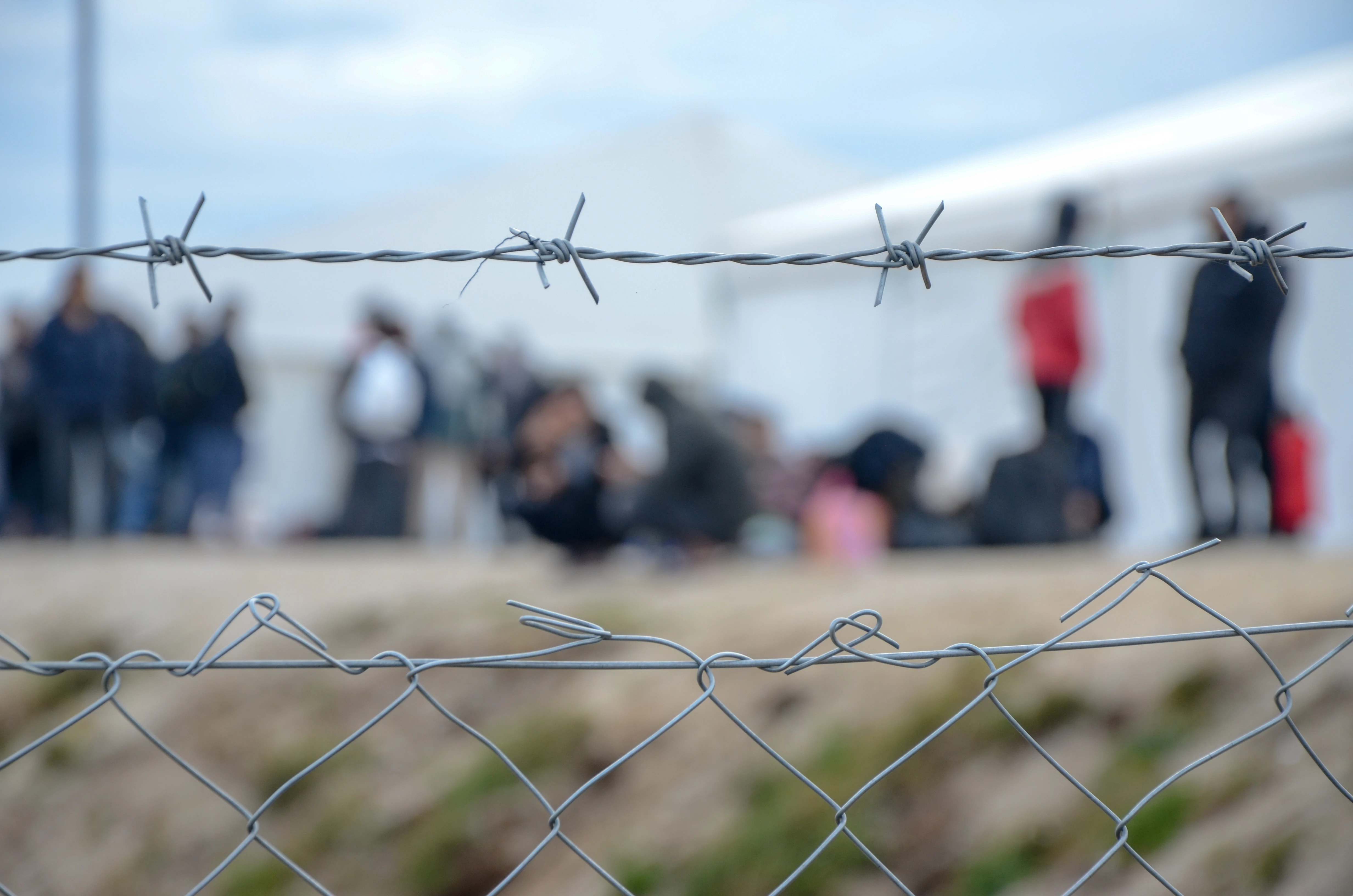
New European asylum rules officially approved
Share on social media:
The European Union (EU) has created a plan to ensure that fewer people come to Europe to seek asylum. This plan has now received final approval from the European Council.
This is what the new plan entails
The
Faster assessment of people fleeing to Europe
The EU wants faster decisions on people fleeing to the EU. This is called a 1st screening, and it takes up to 7 days.
During this screening, fingerprints and photographs will be taken and stored in an online database. In this way, the EU wants to make the process easier and prevent people from seeking asylum in multiple countries within the EU.
Another procedure for people from safe countries
For people from safe countries, the EU wants a faster asylum procedure. This procedure should take a maximum of 9 months. This will allow people to be returned more quickly to their country of origin if this country is safe according to the EU. The EU is working together to make a list of countries they consider safe.
During this procedure, people can be temporarily detained in a kind of prison at Europe's external borders.
If it turns out that these refugees from safe countries are not entitled to asylum, they can be sent back to their countries of origin.
EU countries can choose whether to receive asylum seekers
Currently, countries where people arrive have to take care of all the refugees. Italy and Greece, for example, take in many refugees. However, if this deal is approved, all countries must take care of receiving refugees. Or countries that take in fewer refugees will pay money to countries that take in many refugees.
The country in Europe where refugees arrive must still check whether a person is allowed to seek asylum in Europe.
The EU wants a new Dublin system
The rules for the
The EU wants to better distribute refugees between different countries.
It took eight years for the EU to agree.
It took eight years for all EU member states to agree to the plan. During that time, there was much debate among member states. Some countries, such as those on Europe's external borders, felt abandoned. They were angry that other countries did not want to take in refugees. Other countries, including the Netherlands, were angry that border countries were allowing refugees to pass through.
The new rules will not go into effect until 2026 at the earliest
The new rules do not go into effect immediately yet. EU countries have 2 years to implement the rules in their own countries. This is because all EU countries must comply with these new rules. If the countries manage to implement the rules nationally in 2 years, the rules will go into effect from the middle of 2026.
The EU also has yet to reach agreements with other countries
The EU also wants to make arrangements with countries where people come from who want to seek asylum within the EU. The EU wants to be able to send people who are not granted asylum back to their own countries. If that fails, the reception centres will quickly become too full.
The Dutch government is in favour of these rules but human rights organisations are not
A small majority of the Dutch House of Representatives is in favour of these new rules. But many human rights organisations are not. In the Netherlands, Oxfam Novib, Médecins Sans Frontières, VluchtelingenWerk Nederland, Pax and Stichting Vluchteling, among others, have made it known that they oppose these rules.
They asked the Netherlands to vote against it, believing, among other things, that it will make flight routes to Europe even more dangerous.